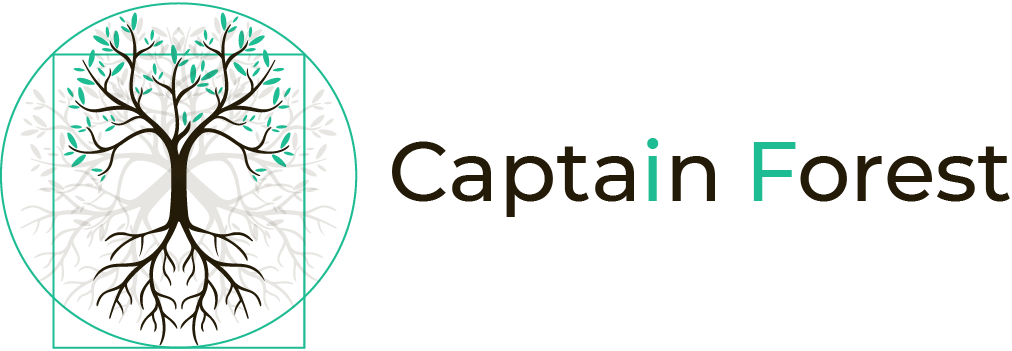What is the Soil Lifecycle?
Conventional agriculture (based on fossil fuels, pesticides, herbicides, monoculture, and genetic modifications) is responsible for degrading a third of the earth’s soil (1).
The first step of the ecological transition is to build solid natural sciences notions and understand how nature works. Understanding the soil lifecycle gives the background to halt urgently conventional agriculture devastating practices.
Based on the work of Claude and Lydia Bourguignon (2), this article details important notions about soil lifecycle and the life underneath our feet.
Organic matter returning to the soil
Like us, soils are born, live, and then die. When soils die, they go to rivers and then to the seas.
Without human intervention, a natural environment becomes a forest, a perfect closed ecosystem where everything is balanced and nothing is wasted.
During the winter, soils cool down, microbes stop working, trees lose their leaves, and dead wood forms litter.
This organic matter becomes food for wildlife (insects, earthworms, mites, etc.).
Wildlife poops are attacked by mushrooms that produce humus, forming forestry soil that is 80% empty since water and oxygen need to infiltrate the soil.
Organic matter decomposition
When the air becomes warmer, microbes and bacteria start working again.
They transform humus into nitrate, phosphate, and other nutrient elements.
Rain brings them down, and trees’ horizontal roots absorb nutrient elements.
Deep roots attack bedrock with acids, and as a result, clay is formed.

Giant earthworms who live in vertical burrows digest both humus and clay to form a clay-humus complex, which eases plant assimilation, prevents water mineralization, and retains water in soils.
Trees provide sugar to mushrooms through their root system in exchange for nutrient elements in the clay-humus complex.
When organic matter is destroyed (by humans), wildlife dies, no humus is formed, plants cannot get nutrient elements, soils and clay are rejected in rivers, and soils die.
Also, water is mineralized, polluting rivers and resulting in algae multiplication in seas.
Did you find this article insightful? Leave a comment.
Source
(1) Claude and Lydia Bourguignon Youtube video “Comprendre le sol, la terre et l’humus”


